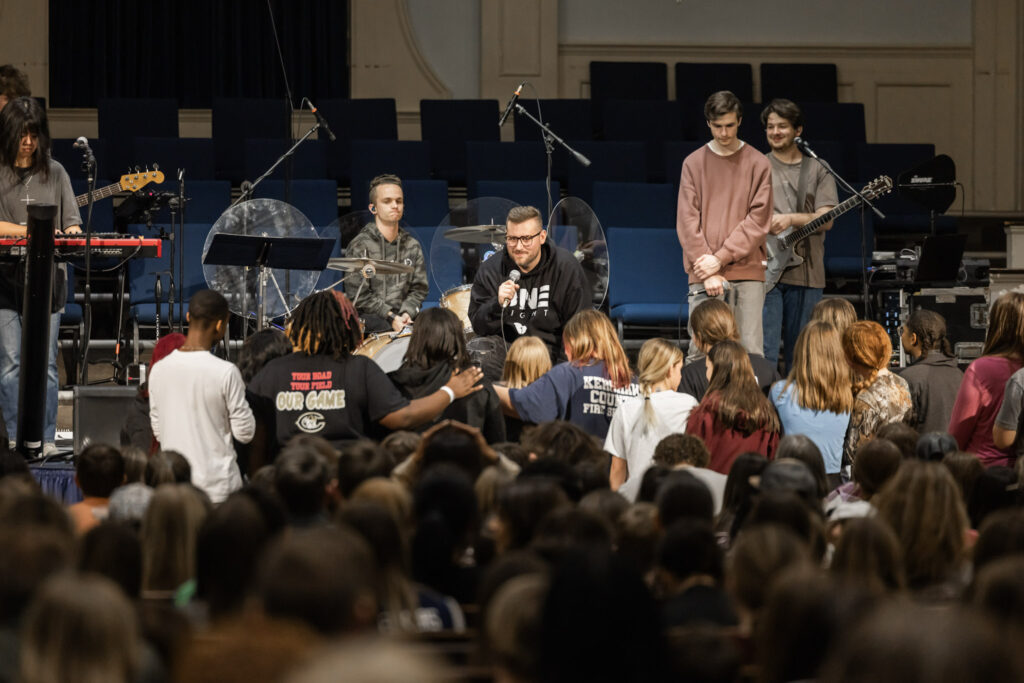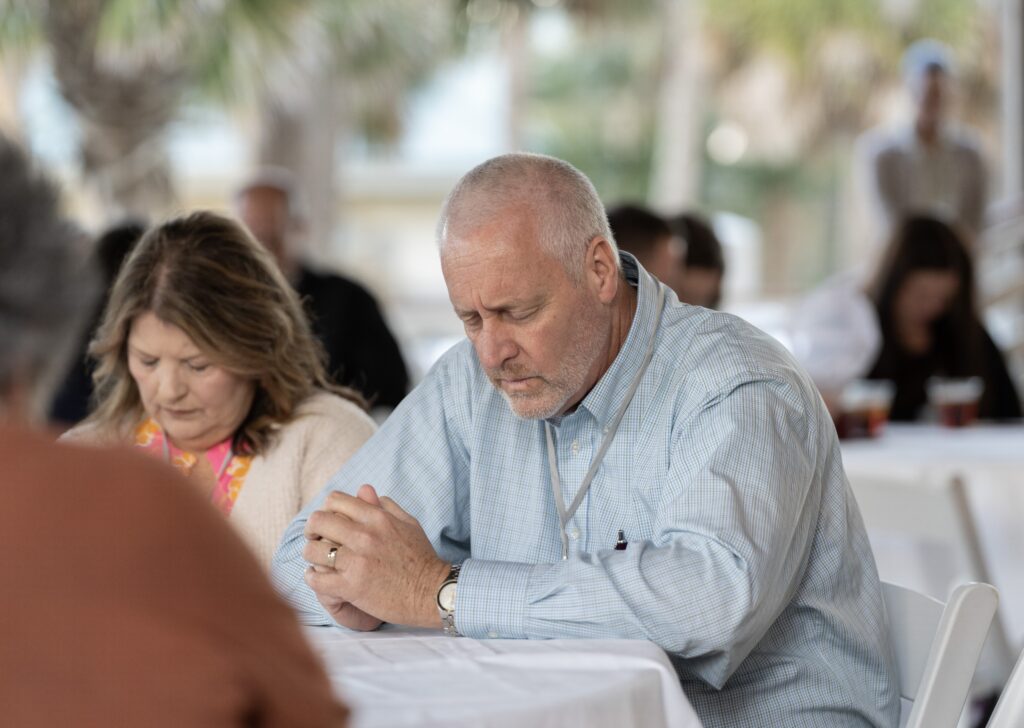Ministry to Refugees in Greece
We see refugees all the time — in the news. Most often we skip over these unknown people in distant lands, thinking,”Sad, not my problem.”
But this summer, two South Carolina Baptist volunteers brought away a different view after a month of ministering to refugees crowded into a camp on the Greek island of Lesvos. Their service was arranged through South Carolina Baptist Convention’s Missions Mobilization office.
Those volunteers looked into the eyes of desperate, exhausted people who fled Syria’s war or Afghanistan’s violence and nearly died traveling across the sea to safety. Earlier they had houses, apartments, cars — they had lives. Now they carry all they own in tattered suitcases or plastic garbage bags. After a stay here, many of the refugees will be settled in Europe. The bright spot in all of this is that some of those refugees were open to hearing about Jesus Christ. Some opened their hearts to Him.
Thomas Hill directs media and technology as a staff member of First Baptist Church in Clover. Britton Meissner, a member of Kittiwake Baptist Church, Lexington, worked until recently as a welding inspector at a nuclear facility. The two men may seem different, but share a long-term commitment to missions and ministry. Hill has announced he will begin training this fall to serve as a missionary in Japan with the International Mission Board. His service there will include completing a degree from Southeastern Baptist Theological Seminary. He also has a degree in Intercultural Studies from North Greenville University and has made missions trips to more than half a dozen countries over the past eight years. Meissner, who lives in Lexington, sold a house and land to have money to support himself as he prepares for ministry by studying at Fruitland Baptist Bible College in Hendersonville, NC. He also plans to continue studying at Southeastern later.
Since some refugees spoke English and translators were on hand, the two volunteers were able to hear what led the refugees to flee their homelands. “Some of their stories were incredibly grim,” Hill said. Refugees showed their cellphone photos and videos, some “extremely graphic” war scenes, he added. Most days Meissner and Hill worked in the camp to help with the main objectives of providing shelter and food to the refugees. That could involve setting up tents or manning the reception center where refugees come first when they arrive. Some days they spent hours negotiating with refugees, encouraging them to squeeze into less space so another equally desperate family would have a place to lay their heads. Sometimes there was conflict. More than 7,000 people were crowded into a converted military camp originally set up to accommodate 2,000, hence the squeezing. Helping people survive is a great ministry in itself, both men agreed. But both found ways to have conversations about Jesus as well.
Hill served as a shift manager, helping direct the work of other volunteers. That left him time to meet newly arrived refugees and have time to talk. Meissner would take families out of the camp after his main work time to one of the small nearby restaurants. For the refugees, it was a great break with better food. It also allowed Meissner time to share Christ and start Bible studies. That pattern increased when four other Kittiwake members arrived to serve seven days in the camp. They were Dan and Nicole Hall, Stacy Hendricks and Donna Sieberhagen. Amid a confusing swirl of foreign languages, cultures, foods, smells and all, “I was aware of the presence of the Holy Spirit in the middle of it,” Meissner said.
Hill said he was able to share the complete Gospel with more than 70 people during the four weeks he served. He has stayed in touch with several, including a man from Somalia, who now takes part in worship and Bible studies.
The experience “softened my heart for people who are refugees,” Hill said. “I can provide a house, a tent, a blanket and maybe some food, but ultimately they have to have the Gospel message. My burden is truly for their souls,” he said. Both volunteers stressed that they were able to talk openly with people from countries in the Middle East and Northern Africa which are closed to missionary presence.
God is bringing the nations to places where they can hear the Gospel if Christians respond to the opportunity, both men agreed. The main thing refugees long for is hope — and that’s available in the Gospel.
For information on partnerships in Greece and many other places, contact the South Carolina Baptist Convention’s Missions Mobilization office. To contact, email missmob@scbaptist.org or call (803) 227 – 6179.




